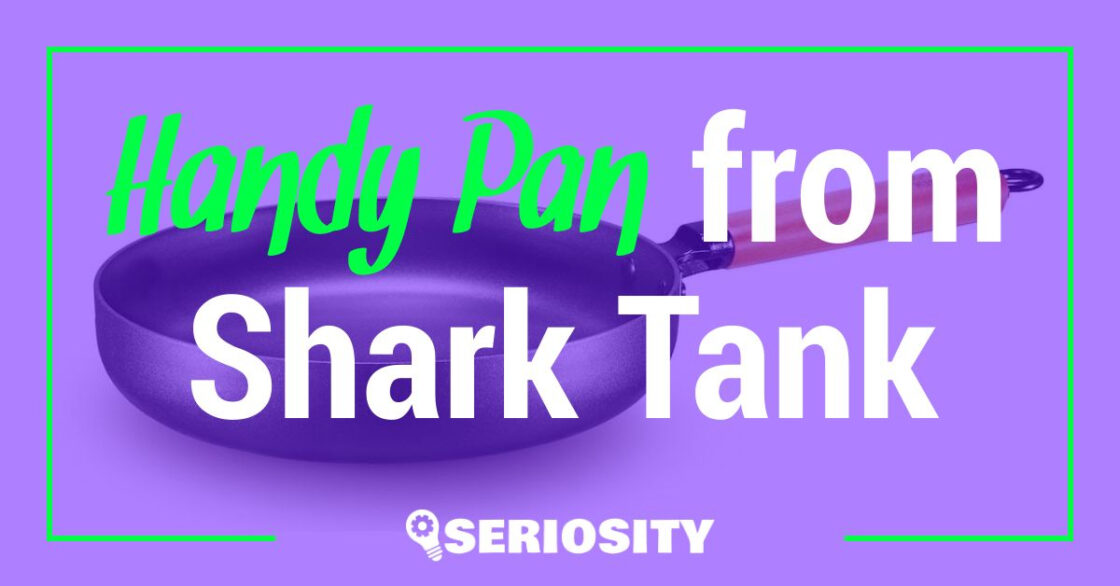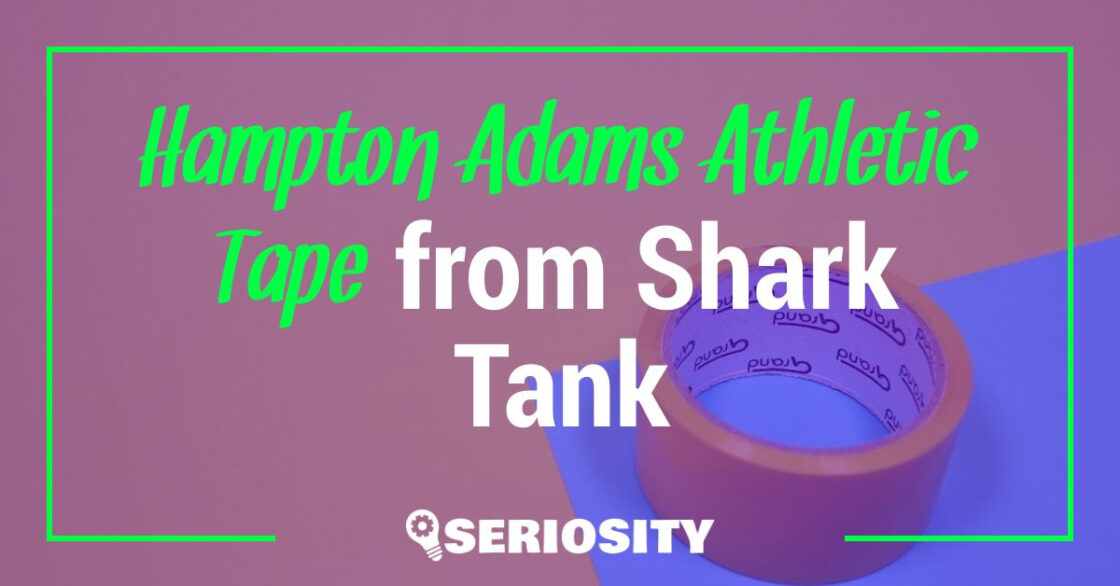Fixed is an app that allows users to challenge any parking tickets that they felt were erroneously issued. To begin the process, the individual has to make an account, and upload a picture of the ticket that they want to contest.
The app then analyzes the ticket, and determines if there is room for a challenge. If that is the case, the application will draft a customized letter on behalf of the individual, and send it to the relevant offices. If the challenge is successful, Fixed receives a small percentage (generally, 25%) of the total amount that the user would have had to pay had they not contested the ticket. A major benefit is that Fixed only charges a fee if the customer wins the challenge.
The app was developed by the Californian, David Hegarty. David has a bachelor’s in engineering from the University College of Dublin, and a master’s in business administration from Northwestern University.
David came up with the idea of Fixed when he was contesting multiple parking tickets in the courts, and, during this time, was charged with a couple more tickets. He was frustrated and tired, and came up with the idea of creating an application for fighting parking tickets. David then created a fake webpage to see if the people would be interested in such an app, and observed his idea spreading like wildfire. Encouraged by this validation, David established the Fixed app, and, by the time that he made his Shark Tank appearance, had more than 60,000 ticket submissions, and a success rate of around 30%. He has also attracted interest from a number of investors and venture capitalists, including Structure, Merus Capital, Y Combinator, and Slow Ventures.
Currently, the business is operating in the Californian counties of Santa Clara, San Mateo, San Francisco, Marin, and Alameda. David thinks that the parking ticket is a government-operated ‘racket’ that has a lot of potential for abuse, and believes that Fixed is a step in the right direction. His vision is to provide low-cost, broad-based legal services for more than just parking tickets, so that people who cannot afford to hire ‘conventional’ attorneys stand a better chance in the American legal system than they currently do.
Is Fixed Still an Active Business?
Yes; as of 2022, Fixed is still in business.
How Did the Shark Tank Pitch Go?
David Hegarty made his Shark Tank appearance on episode 707, looking for a Shark who could help him expand his business in terms of territory and range of services.
His investment ask was $700,000, and, in return, he was willing to offer a 5% stake in Fixed – a company valuation of $14 million.
He starts his pitch by talking about the perplexing traffic signage, and that parking charges are used to “stick it to the little guys”. David says that, before the advent of Fixed, these people had little, if any, recourse.
He then proceeds to explain how the app works: the user makes an account and uploads a picture of the ticket. The app then analyzes for any mistakes that could be used to mount a challenge, such as incorrect number plates or inaccurate information on forms.
The year before coming to Shark Tank, the business had generated $80,000 in revenue. Customer acquisition costs around $5, and the per-ticket revenue is $6. They try to attract customers by having their employees place Fixed flyers on vehicles that have tickets. The business has also upgraded to providing assistance with moving violations and speeding tickets, and eventually wants to provide full-fledged legal assistance. Until that point, Fixed had raised $1.8 million at a company valuation of $10 million. David was looking for a Shark who could help him with expansion.
Robert felt that scaling the business would be a long and grueling process, and one that he was not up for – he decided to go out.
Kevin thinks that going after government revenue is bad karma, and would therefore be unwilling to invest in a business that is looking to make an enemy out of the government.
Lori thought that the business had value, but was also not without a lot of risks. Fixed was providing a very unconventional service and, as such, Lori felt that there could be unseen legal or other problems along the way. For this reason, she thought that the valuation that David was looking for was too steep, and she decided to step out of the deal.
Chris Sacca acknowledges that the business is trying to solve a very pressing problem. However, he thinks that cab services and self-driving vehicles are the future of transportation, which is why Fixed will struggle to survive over the long-term. Other than that, Chris was also concerned about the cost of customer acquisition. He was out as well.
Mark, however, seemed interested, and actually liked the idea of taking on the government. Like David, Mark thought that parking taxes were regressive, and were particularly aimed at people who did not have any other parking options. Despite Mark’s enthusiasm, he did feel that there were operational challenges, and therefore offered to come on as a strategic partner. He made an offer of $700,000, but wanted 7% of David’s company. This would bring Fixed at a valuation of $10 million – the identical valuation at which the company closed its previous funding round. A flat round (no changes in valuation across multiple funding rounds) is not good for the company’s initial investors, who expect the company’s value to go up so that their stake in the company can also become more valuable. Mark said that out of the 7%, 2% could be paid as advisory charges; this way, the value of the company would still technically go up.
David, though, was still somewhat concerned, and wanted to know if Mark would be available at all times. Mark replied that David could reach out to him whenever he wanted to. David was assured, and a deal was struck.
Are There Any Alternatives?
Below are a few alternatives to Fixed:
- DoNotPay
- SpotAngels
- JomParking
Our Final Thoughts
To sum up, Fixed was launched to help people who could not afford an attorney, challenge their parking tickets. In 2016, the business was acquired by a major law firm, and has been operating under that organization ever since.





